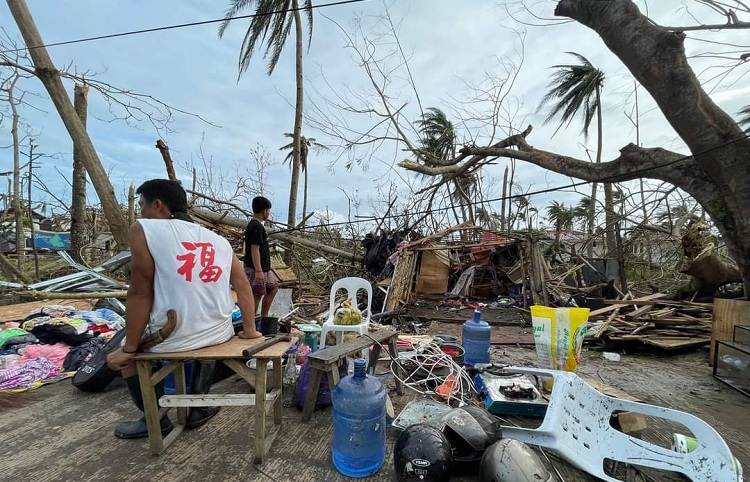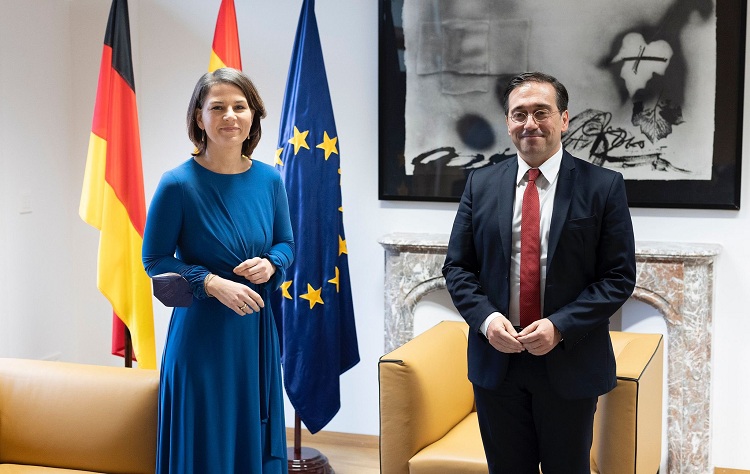The Diplomat
The Government of Spain, through the Spanish Agency for International Development Cooperation (AECID), will provide a new humanitarian aid of 313,410 euros for the Philippine population affected by typhoon Rai.
The aid, through the activation of the humanitarian emergency agreement between AECID and the NGDO Plan International, aims to reach a total of 1,400 of the most vulnerable families (approximately 7,000 people: 2,034 men, 2,076 women, 1,485 boys and 1404 girls) affected by the typhoon in the municipalities of Mainit, Malimono and Placer in the province of Surigao del Norte (Caraga region). Priority will be given to families displaced by the emergency, housed in evacuation centers and families with limited economic resources or means of livelihood, as reported by AECID last Friday.
With this intervention together with Plan International, Spain is launching its second aid operation aimed at alleviating the humanitarian crisis caused by typhoon Rai in the Philippines. In December 2021, AECID provided a total of 480,000 euros in humanitarian aid for the population. Of that amount, 250,000 euros corresponded to the appeal of the International Federation of Red Cross and Red Crescent Societies (IFRC) and the rest to the activation of emergency agreements with Action Against Hunger and Spanish Red Cross to try to cover the basic needs of part of the affected population.
Also called Odette, Rai made landfall in the Philippines last December 16, becoming a level 5 super typhoon, with maximum sustained winds of 195 kilometers per hour and gusts of 260 kilometers per hour, as well as torrential rains, landslides and storm surges that affected ten provinces.
The latest data – as of January 23, 2022 – collected by Philippine authorities indicate that 8,348,144 people were affected in 11 regions (38 provinces), of which at least 2,400,000 are children. Some 339,000 people are displaced and 406 people have already been killed, 1,273 injured and 63 missing. In addition, 29,671 schools were affected and it is estimated that approximately 12 million children and adolescents are still out of school, although some of them are using them as shelters after losing their homes.
According to the report of the United Nations Office for the Coordination of Humanitarian Affairs (OCHA), the humanitarian needs and priorities of the population affected by Rai are food, drinking water, temporary shelter and repair kits, hygiene kits, medical supplies, drinking water and sanitation, protection services and psychosocial support for the population. In addition, access to the most affected areas must be restored in order to be able to distribute aid and address the crisis in the areas where the population is most vulnerable.







